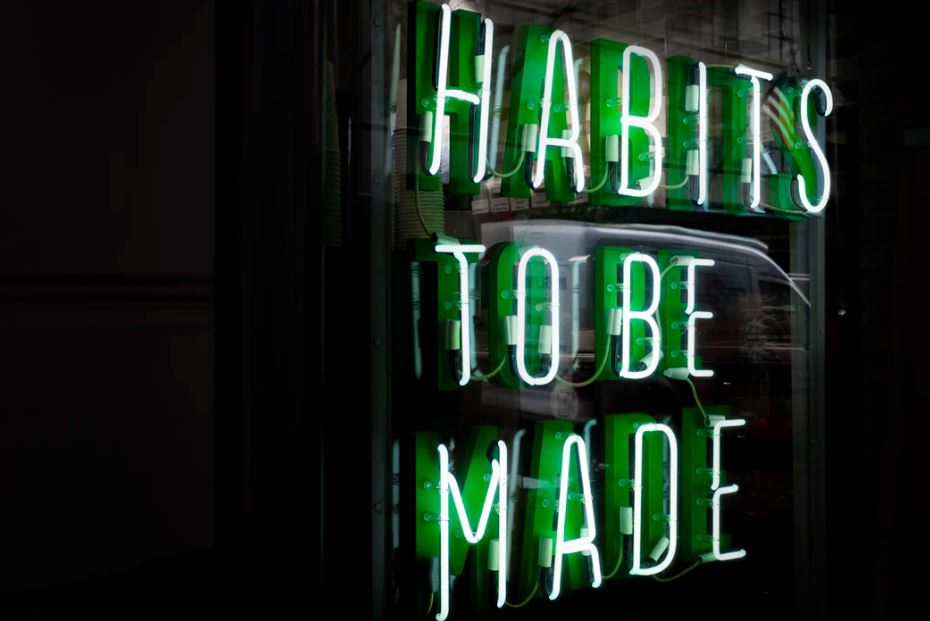“Take care of your body, it’s the only place you have to live.” –Jim Rohn
One of the most important things you can do in leading yourself with excellence is being a great steward of your overall health.
Your health affects nearly every aspect of your life—your energy levels, your stamina, your focus, concentration, your sense of peace, and your ability to work and play.
Your health can also have a big impact on your family—whether they bear the emotional burden of your chronic health problems or assist you during an illness.
Of course we cannot prevent every health problem, but it’s vital to take ownership of what we can influence.
John Maxwell is one of the most prominent voices in personal leadership today, but years ago I heard him talk about a brutal life lesson he learned about stewarding his health.
The Ghost of Christmas Past
On December 18, 1998, Maxwell faced one of the most terrifying moments of his life. He was 50 years old at the time.
While celebrating with friends at family at a company Christmas party, he started to feel ill.
He began to sweat profusely, and an explosive pain in his chest dropped him to floor.
He stared up helplessly at his closest friends and family, wondering if his life was about to end while they waited desperately for the paramedics to arrive.
At 3am that night—having suffered a heart attack—he underwent a cutting-edge procedure to remove a blood clot from his heart.
The doctor explained that he probably would have died if he had the heart attack a year earlier since the new procedure wouldn’t have been available.
This was a massive wake up call.
Maxwell openly admits that he neglected diet and exercise in order to pursue his career goals.
Prioritizing his health had always been a struggle for him—but now it was a non-negotiable.
For those of you that aren’t familiar with John Maxwell, he has authored more than 100 leadership books, many of which are bestsellers. His organization—The John Maxwell Team—has representatives in almost every country in the world.
He is an ambitious goal-setter in every sense of the term, but he realized that his health needed to become a top priority every day and every week in order for him to live long enough to keep impacting the world the way he wanted to.
Thankfully, he survived and changed his habits.
Not everyone is that lucky.
“If you don’t take time for your wellness, you will be forced to make time for your illness.” –Author Unknown
Manage your energy
But not every health issue is as dramatic as a heart attack.
What if you struggle with fatigue, poor sleep, weight loss, or chronic pain?
These issues all affect your ability to work in an energized and focused way.
After all, what good is your time if you bring no energy to it?
One of the most popular Harvard Business Review articles of all time is The Making of a Corporate Athlete (2001).
In this article, performance psychologist Jim Loehr and his partner Tony Schwartz explain how they took 20 years of training world-class athletes and applied those same principles to business leaders—with tremendous success.
Leaders—they reasoned—need systematic recovery routines just like athletes do, if they are to sustain high energy over many decades.
Click here for my full post on this topic.
To summarize briefly—they teach leaders to harness the full power of their mental, physical, emotional, and spiritual energy.
Each of these domains affects your concentration, focus, drive, and energy.
Physical: The body is your most basic source of energy. Poor diet and weight gain affect energy and self-esteem.
Mental: Constant distraction rewires your brain and damages your ability to concentrate.
Chronic busyness fragments your goals and prevents you from being present.
Poor sleep destroys your focus.
Emotional: Toxic emotions like resentment, anger, or pain that are minimized or ignored—often lead to addictive behaviors, relationship problems, or eventually show themselves in physical problems.
You can click here to listen to what I have learned about how internalized emotions can create a host of debilitating physical health problems.
If you are tempted to skip over your emotional health, don’t!
Spiritual: Lastly—people with spiritual beliefs see greater purpose in difficult times, have a clearer sense of who they are, and maintain motivation during setbacks.
Research even shows that people with purpose tend to live longer.
Over time, these 4 things have a dramatic effect on your goals, and the impact you want to have on the world.
And like everything else, you need to be intentional about them.
My biggest gripe about all this stuff is that it takes TIME (who knew?).
I’m wired as a goal-setter and frankly, I’d rather wake up and dive straight into work projects—something that feels more productive or exciting.
It took me decades to work on my diet since my favorite food groups are Ben & Jerrys, pizza, and a good IPA.
I hated gyms for a long time.
Regular emotional journaling is still not something I enjoy.
And waking up early for prayer and devotional reading was not part of my life until a few years ago when a friend challenged me to start with 3 minutes per day.
But I now regularly prioritize all these things because I have seen the effect on my life when I do them consistently.
Take action now
- Start with written vision. If you haven’t written out your health account in your life plan, do that now. You need a compelling vision for your health to drive your decisions. If you don’t know what you are aiming for, you will miss every time. Tell yourself WHY health is important and what your life would look like if your health improved.
- Then create a written plan, block the time every week. What is your ideal weight? By when? How much time are you going to put into exercise per week? What kind of exercise? For how long? What is the best time of the day for you to exercise? What is your weekly meal plan? How much do you want to sleep at night? When do you want to wake up or go to bed? What is your sleep hygiene process every night? How many pages of spiritual reading do you want to do daily?
- Keep an emotional journal. If you struggle with this, I highly recommend the Curable App (I have no affiliation or financial interest) which gives you clear prompts for journaling and helps you understand the link between emotional and physical health. Click here to read the science that backs it up.
- If you have a chronic condition... If you have a chronic lifelong condition, make sure you are doing what you can to manage it as best you can. It also still pays to focus on other areas of your health that you can influence.
Have a great weekend!
Parker
*If you have enjoyed Parker’s blog, check out The Next Peak Podcast that Parker co-hosts, or the episode about habits. We interview successful leaders and discuss research-based principles that help people win in the workplace without compromising the things that matter most—relationships, a life of purpose, and health.
Suggested Resources
- The Power of Full Engagement—Loehr & Schwartz
- The Making of a Corporate Athlete–Harvard Business Review 2001




